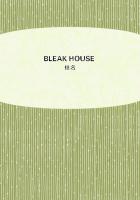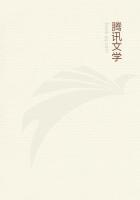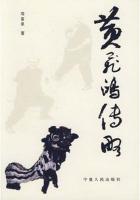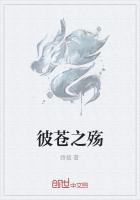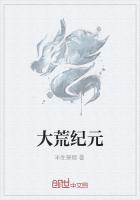Such representations of the imagination may be termed ideas.This is partly because they at least strain after something lying out beyond the confines of experience, and so seek to approximate to a presentation of rational concepts (i.e., intellectual ideas), thus giving to these concepts the semblance of an objective reality.But, on the other hand, there is this most important reason, that no concept can be wholly adequate to them as internal intuitions.The poet essays the task of interpreting to sense the rational ideas of invisible beings, the kingdom of the blessed, hell, eternity, creation, etc.Or, again, as to things of which examples occur in experience, e.g., death, envy, and all vices, as also love, fame, and the like, transgressing the limits of experience he attempts with the aid of an imagination which emulates the display of reason in its attainment of a maximum, to body them forth to sense with a completeness.of which: nature affords no parallel; and it is in' fact precisely in the poetic art that the faculty of aesthetic ideas can show itself to full advantage.This faculty, however, regarded solely on its own account, is properly no more than a talent' (of the imagination).
If, now, we attach to a concept a representation of the imagination belonging to its presentation, but inducing solely on its own account such a wealth of thought as would never admit of comprehension in a definite concept, and, as a consequence, giving aesthetically an unbounded expansion to the concept itself, then the imagination here displays a creative activity, and it puts the faculty of intellectual ideas (reason) into motion-a motion, at the instance of a representation, towards an extension of thought, that, while germane, no doubt, to the concept of the object, exceeds what can be laid hold of in that representation or clearly expressed.
Those forms which do not constitute the presentation of a given concept itself, but which,.as secondary representations of the imagination, express the derivatives connected with it, and its kinship with other concepts, are called (aesthetic) attributes of an object, the concept of Which, as an idea of reason, cannot be adequately presented.In this way Jupiter's eagle, with the lightning in its claws, is an attribute of the mighty king of heaven, and the peacock of its stately queen.They do not, like logical (aesthetic) attributes of an object, the concept of the sublimity and majesty of creation, but rather something else-something that gives the imagination an incentive to spread its flight over a whole host of kindred representations that provoke more thought than admits of expression in a concept determined by words.They furnish an aesthetic idea, which serves the above rational idea as a substitute for logical presentation, but with the proper function, however, of animating the mind by opening out for it a prospect into a field of kindred representations stretching beyond its ken.But it is not alone in the arts of painting or sculpture, where the name of attribute is customarily employed, that fine art acts in this way; poetry and rhetoric also drive the soul that animates their work wholly from the aesthetic attributes of the objects-attributes which go hand in hand with the logical, and give the imagination an impetus to bring more thought into: play in the matter, though in an undeveloped manner, than allows of being brought within the embrace of a concept, or, therefore, of being definitely formulated in language.
For the sake of brevity I must confine myself to a few examples only.When the great king expresses himself in one of his poems by saying:
Oui, finissons sans trouble, et mourons sans regrets, En laissant l'Univers comble de nos bienfaits.
Ainsi l'Astre du jour, au bout de sa carriere, Repand sur l'horizon une douce lumiere, Et les derniers rayons qu'il darde dans les airs Sont les derniers soupirs qu'il donne a l'Univers;he kindles in this way his rational idea of a cosmopolitan sentiment even at the close of life, with help of an attribute which the imagination (in remembering all the pleasures of a fair summer's day that is over and gone-a memory of which pleasures is suggested by a serene evening) annexes to that representation, and which stirs up a crowd of sensations and secondary representations for which no expression can be found.On the other hand, even an intellectual concept may serve, conversely, as attribute for a representation of sense, and so animate the latter with the idea of the supersensible;but only by the aesthetic factor subjectively attaching to the consciousness of the supersensible being employed for the purpose.So, for example, a certain poet says in his description of a beautiful morning: "The sun arose, as out of virtue rises peace." The consciousness of virtue, even where we put ourselves only in thought in the position of a virtuous man, diffuses in the mind a multitude of sublime and tranquillizing feelings, and gives a boundless outlook into a happy future, such as no expression within the compass of a definite concept completely attains.Perhaps there has never been a more sublime utterance, or a thought more sublimely expressed, than the well-known inscription upon the Temple of Isis (Mother Nature): "I am all that is, and that was, and that shall be, and no mortal hath raised the veil from before my face." Segner made use of this idea in a suggestive vignette on the frontispiece of his Natural Philosophy, in order to inspire his pupil at the threshold of that temple into which he was about to lead him, with such a holy awe as would dispose his mind to serious attention.

